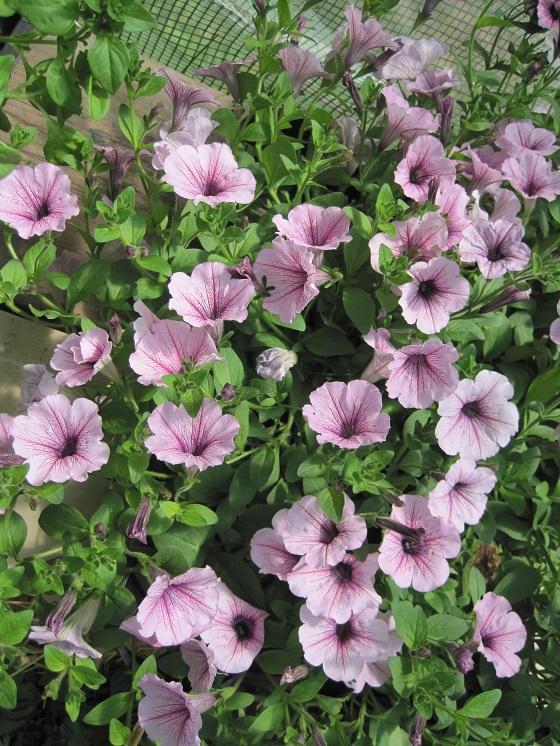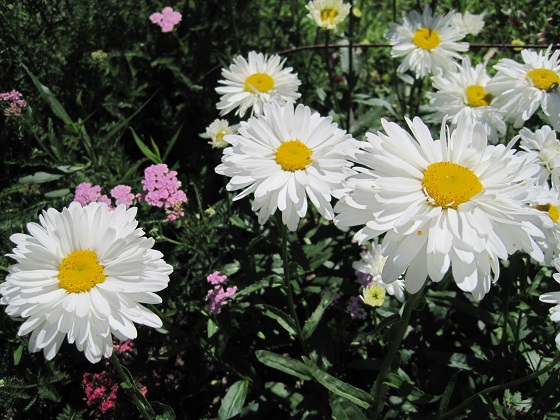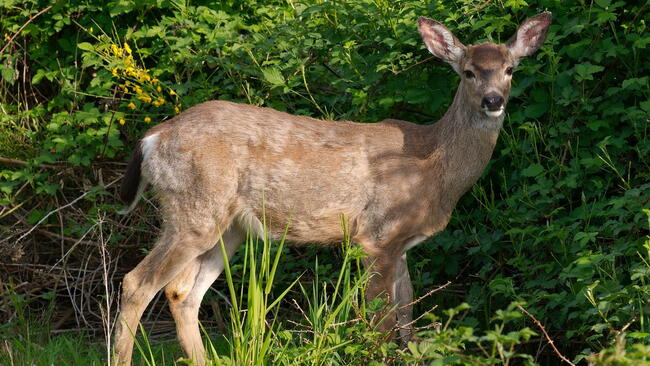
Got Allergies? Plants to Avoid and Plants to Grow Instead
I suffer every year from March to June as I am allergic to to birch and other tree pollens (and many fruits and nuts).
I have been particularly bad this year but it was beginning to reduce until the last few days. We have a wygelia. Normally it has a few flowers. This year it is covered from top to bottom, looks magnificent, my symptoms have got worse again and I start sneezing immediately I go in the back garden where the wygelia is. I have to conclude that it is the wygelia, despite that you have it as medium risk and others low risk (as it is pollinated by insects).
Eating local honey helps to alleviate allergies. It gives a nice boost to the respiratory & immunity.
The pictures of the flowers are just beautiful - I just wish that they are/were identified with their names.
Your articles are great, with a lot of wonderful information. Thank you!
I find bearded irises the absolute worst for my allergies. As long as they are in a bed far away from the house it's okay. A neighbor cut some for us and I nearly passed out in the first few minutes. Out they went!!!
Same thing happens to me!
This may be an odd question. I have a severe nickel allergy, I break out if I even eat foods containing nickel. Lets take tomatoes as an example. My understanding is that they would get their nickel content from the soil. Is there any way to rid my soil of nickel content and if so would tomatoes still grow ok?
Horace, I have the exact same allergy. It has been so bad that I pretty much lived in hospitals for the last 3 years before I found out what I have. The only way to lower the nickel content is to plant hydroponically. Also research aquaponics... same thing but even better because its done through fish. Hope this helps!













